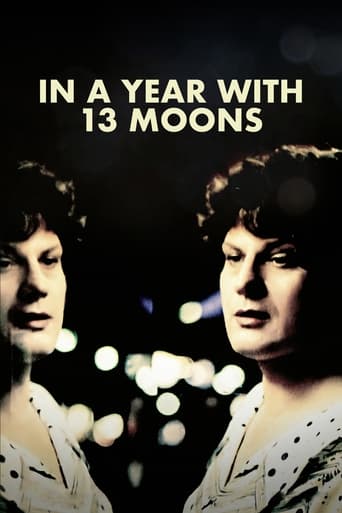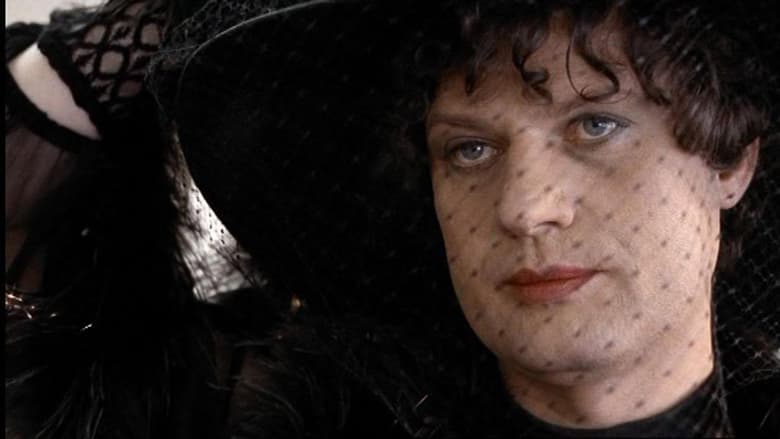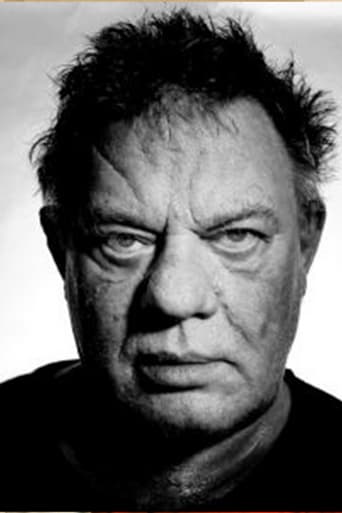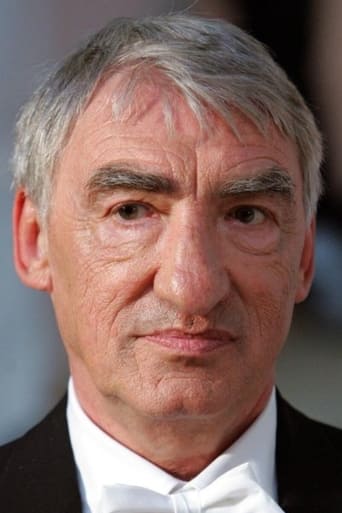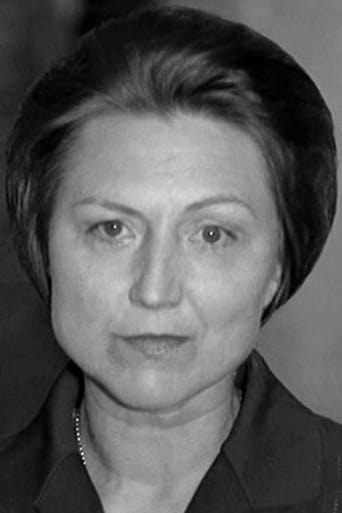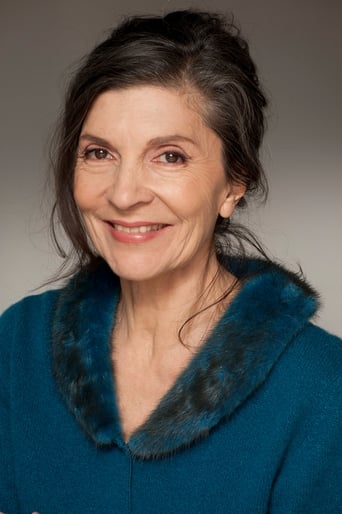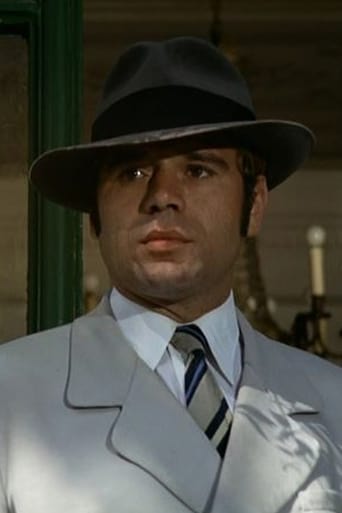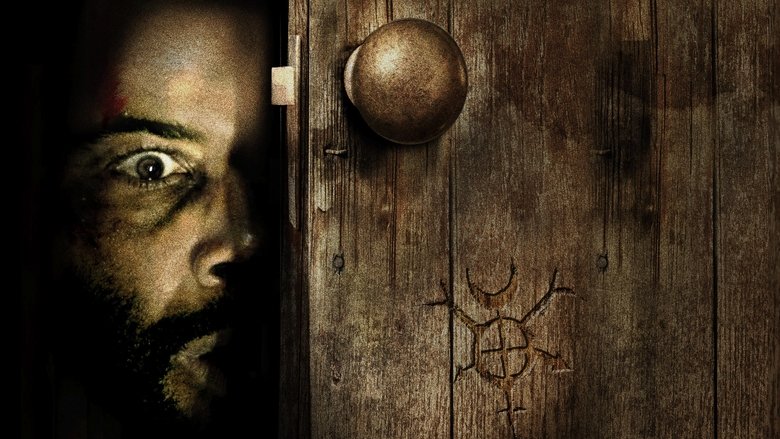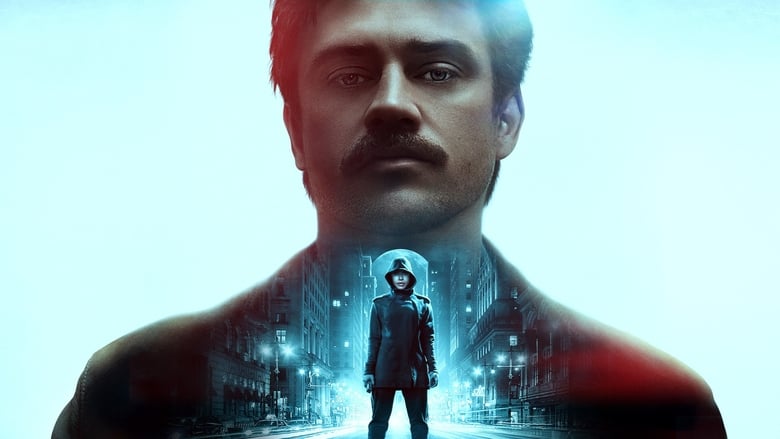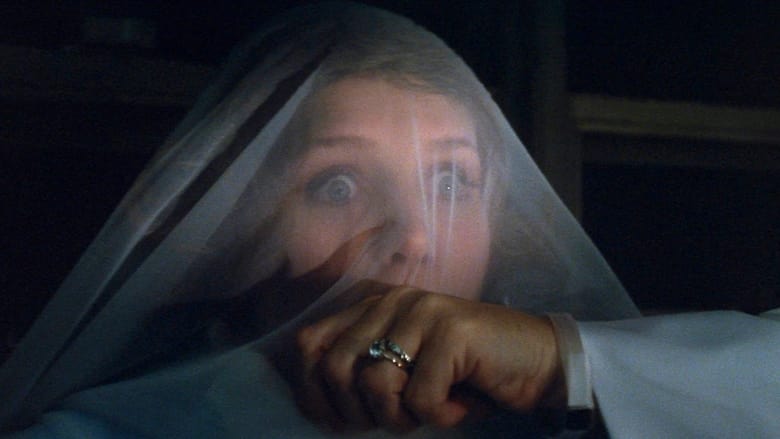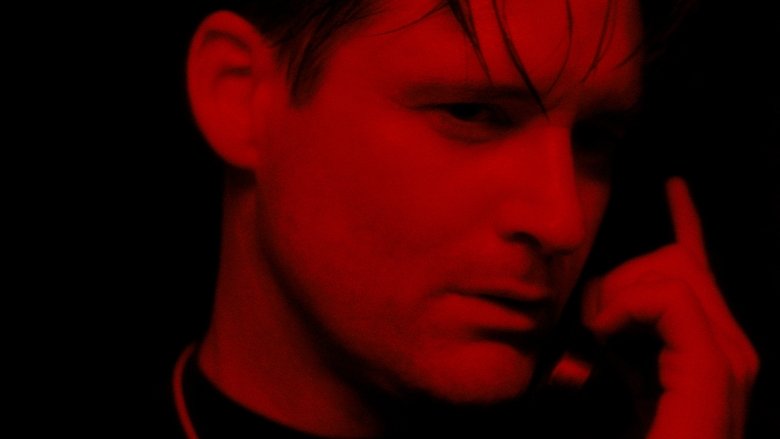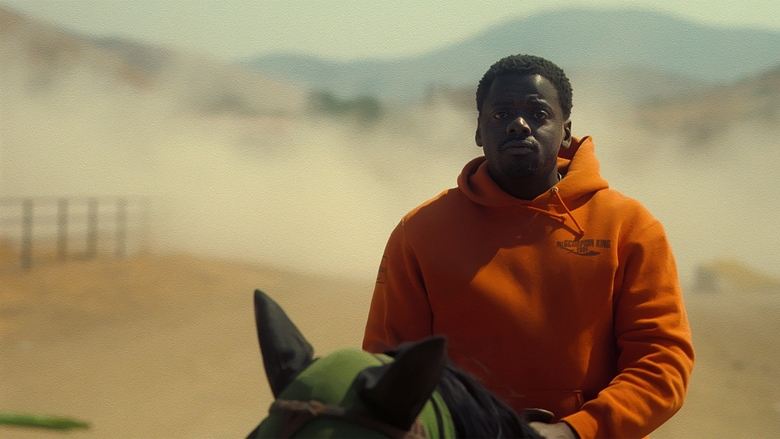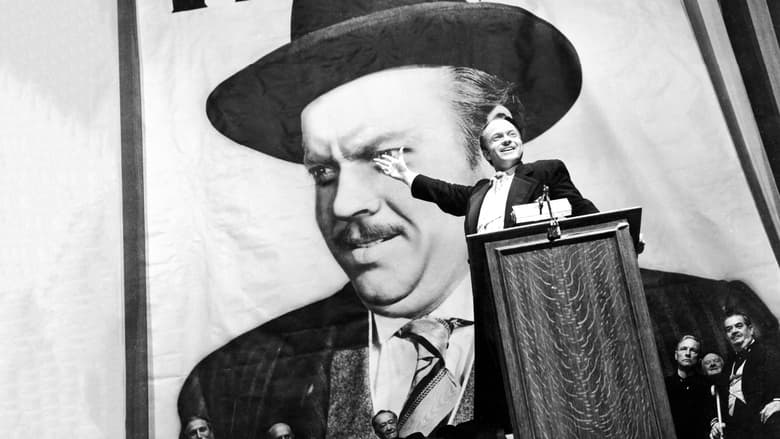Elvira Weishaupt, once a burly working-class butcher, has made an enormous sacrifice for love. She has undergone a sex change for a romantic interest who has abandoned her, and she now must struggle to reconcile her past life with her present identity.


Similar titles
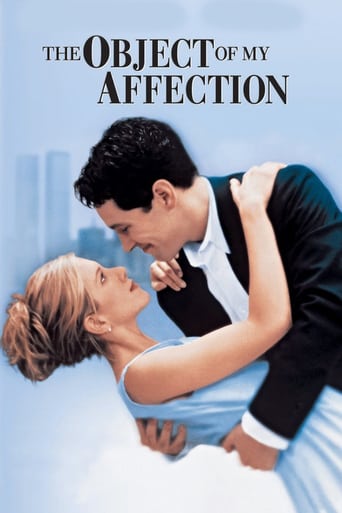
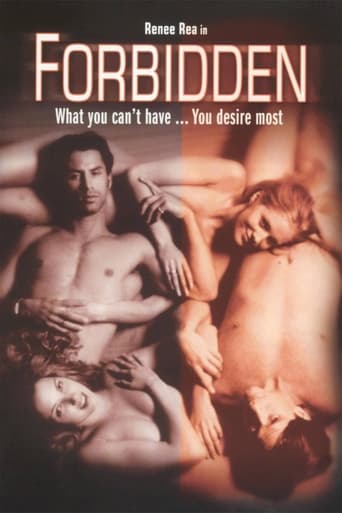
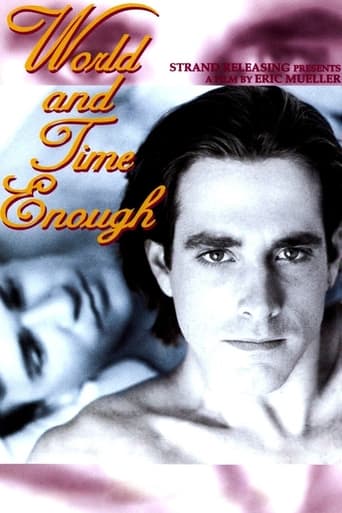
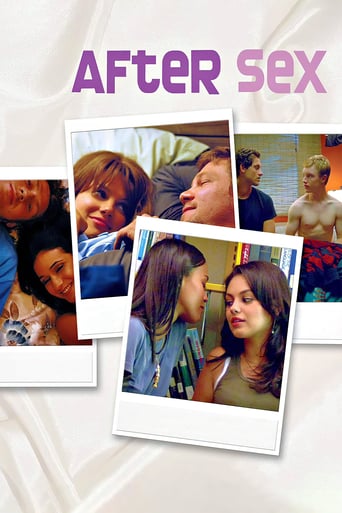


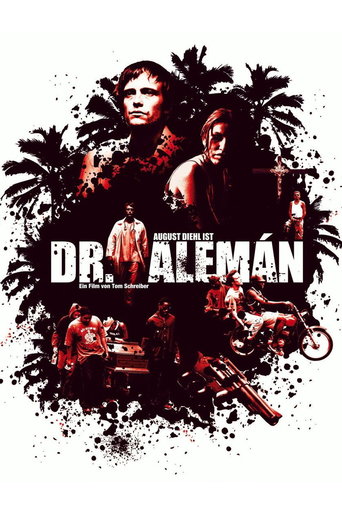
Reviews
One could not watch Fassbinder's "In A Year With 13 Moons" and not feel something close to depression. He has captured the actual emotion itself in its raw and natural form, and transposed it onto the screen in the form of Erwin/Elvira. With the help of Volker Spengler's uncanny performance, Fassbinder has forever changed the way film will deal with disintegration of the human spirit.The opening scene depicts the main character being beat up by men after trying to have sex. This horrible situation paints the perfect image of the main character who is the epitome of being a victim. The tragic character of Erwin, a meat worker, fell in love with one of his coworkers Anton. Upon revealing his feelings to Anton, Erwin is told it would be fine if he were a woman. This begins the fall of Erwin. He goes to Casablanca and gets a sex change in hopes of being with Anton.Elvira, Erwin's new identity, is just as much of a slave to Anton's wishes as Erwin was. Though Anton was only the first, Elvira's life is full of uneasy relationships where, in the end, Elvira finds herself alone and depressed. She had changed her whole life for Anton and when he finally finds out, he could care less. One can not help but feel for Elvira and her struggle to live happily.There is a scene of cows being slaughtered while there is a long monologue by Elvira. The cows hang there helplessly as the butchers slit their throats and the blood flows freely. The scene is very hard to watch yet, one could not help but relate the kinship of Elvira and the cows. Elvira seems powerless to stop others from controlling/ruining her life and much like the cows Elvira is helpless as the world bleeds her of her life. The cows are stripped of their skin and thus their identity which is precisely what Anton has driven Erwin to do.The most telling scene in the film, however, is one where Elvira watches a man hang himself in Anton's building. The man is another victim of Anton's and he believes that suicide is not the forfeit of ones life because there is no will to live, but rather it is the will to live that causes one to reject this life to live free of its oppression. This man shows Elvira a reflection of herself in another which perhaps she never thought of before due to living her life for others.Truly depressing, "In A Year With 13 Moons" is absolutely a work of art with hints of melodrama, comedy, and character study. The collaboration of great acting and directing has brought life to the tragic Elvira and will evoke feeling in even the most close minded of viewers.
It's funny. I've seen a bunch of Fassbinder films and I have found some to be extremely creative and interesting, while others are repellent and self-indulgent messes--like this film. For me, it ranges from great to crap--without much in the middle. I know he has a lot of fans among the "sophisticated", but I can't help but think that a lot of his appeal is pure hype. From my point of view (and I know I will get a lot of negative ratings for this), he made too many movies too quickly and was too self-indulgent. His gay or gender-bending films (like this one) tend to be really bad--sloppily done, sometimes quite boring (such as QUERELLE and THE BITTER TEARS OF PETRA VON KANT) and sometimes just gross (like this film). Couldn't his message about acceptance of a person's gender-confusion be handled better than showing him get slapped around or watching cows being gruesomely slaughtered? Show some sensitivity for the subject matter and make your characters more human and sympathetic--then, maybe, I'd care about the films. I'm honestly at the point after watching this film that I might not bother with any more Fassbinder films--the bad seems to be out-weighing the good.
"...Every 7th year is a Year of the Moon. Certain people, whose existence is predominantly determined by their feelings and emotions, are afflicted by unusually severe depressions in these Moon Years, comparable with those they suffer in years with 13 new moons, albeit less intense. And if a Moon Year coincides with a year of 13 new moons, they can often suffer major personal disasters. In the 20th century, there are six years when this dangerous conjunction occurs. After 1978, the year 1992 will again jeopardise the existence of many human beings...Frankfurt is a place whose particular structure virtually provokes biographies like this one -or at least doesn't make them seem particularly unusual. Frankfurt is a town where you run into all the general contradictions of society at every street-corner, incessantly. Or at least, if you don't stumble over THEM immediately, the contradictions that are being fairly successfully ironed out everywhere else" (RWF)
Part melodrama, part infernal parody of 'Candide', 'In a Year of 13 Moons' is one of Fassbinder's most moving films, without once relinquishing his icy formal control or savage cynicism. It achieves a remarkable effect whereby its protagonist's world seems to open up as the film continues - he begins alone, meets people, traverses a lot of places - but actually closes in, imprisons him, simply reinforcing the labyrinthine world of his own private hell, where the only escape is death.When we first meet Elvira, the film's transexual heroine, she is dressed in men's clothing, trying to pick up boys in a dusky park. When her female appurtenances are discovered, she is beaten up by a group of thugs, left limping on a railway track, offering a promise of escape she cannot take up. Fassbinder's alienating method here is typical of the film as a whole. It is very difficult to make out what is going on, the scene is very murky. Fassbinder's editing and composition tend to fragment rather than establishthe action, leaving us with a montage of darkness and sinister figures, scored to Mahler in an ironic rejoinder to the passive gay fantasy of Visconti's 'Death in Venice'. To add to our confusion, Fassbinder's intertitles begin explaining the meaning of the title, making it difficult to follow both levels. Just as we've finally made out what's going on, and the film reaches what might be considered a dramatic or emotional crisis, forcing the viewer into the scene, Fassbinder hurls us back, framing it in long shot, and throwing screen-filling credits over it!So, while I suggested the film was moving, it's with no help from the director. Elvira shares a narrative trajectory of decline similar to one of Fassbinder's most famous characters, Fox; indeed, here it is worse, she never begins with wealth and 'love', but is abused from the very start. The opening sequences reveal the extent of Fassbinder's despair. Elvira is beaten up by thugs, in the outside world. When she comes home, she is attacked by her so-called boyfriend, who abandons her, having savagely and interminably insulted her, mocking her alcoholism, her weight problems, suggesting her brain has shrunk - that it would be better for the world if she was crushed like an insect. Fassbinder's vision is not a reassuring one; there is no refuge from a brutal world, the violent poison infects home and outside alike.So Elvira would seem to be a figure deserving of our sympathy. There is worse to follow, including being flung off her lover's speeding bonnet. In true melodrama fashion, her past is revealed onion-like, and her tragic quest to find the entrepeneur Anton Saitz, to apologise for insulting remarks made about him in an interview, inspires devastating revelations, as does a trip to the nunnery orphanage where she was brought up. This mixture of emotional masochism and traumatic incident might suggest a film of overpowering pathos. But Fassbinder never uses the methods that would allow us get close to Elvira's plain, sympathetic music, or the close-up. Indeed, it is very difficult to make out the drama at all. Invoking his mentors, Sirk and Godard, Fassbinder does not foreground the drama; very often what is going on in the narrative is marginalised, squeezed into a tiny doorframe, so that what's privileged on screen is a door, or a wall, or the objects of a room; each scene is very lengthy, theatrical, like a self-contained episode, as, I suggested, in 'Candide', with lots of talk, stylised movements and positioning of character; at other times, you can barely make out characters in the dim lighting, who is actually speaking in a scene (this might be just my inability to differentiate German); even those scenes that seem to concern Elvira crucially, explanations of her past, for instance, have no room for her, characters talking about her as if she wasn't even there.But, like Sirk, the film is shot through visually with Elvira's sensibility, her feelings of confinement, ironically, considering her apparent gender fluidity, a fluidity Fassbinder provocatively refuses to sentimentalise or celebrate. Elvira's vision is truly one of hell, where horrific scenes in a slaughterhouse offer a peaceful refuge to the human world; of confined, indoor spaces, of intrusive decor; or frightening emptiness; one scene, with the suicide, glows with a blazing red light, suggesting infernal fires. This is not a realistically rendered Berlin, but a living nightmare - there can barely be 20 people in this sparse dream landscape, even though Elvira seems to travel the whole city.Naturally, such a bleak Fassbinder film is incongruously funny (the reunion scene is unbelievably flippant), but the humour turns back on the viewer, and we must ask ourselves, when we laugh, are we laughing at Elvira, sharing in her oppression. Is her lethargy, her paralysed will also sharing in her oppression? The film is full of lingering images of destruction (eg the primitive computer games).
